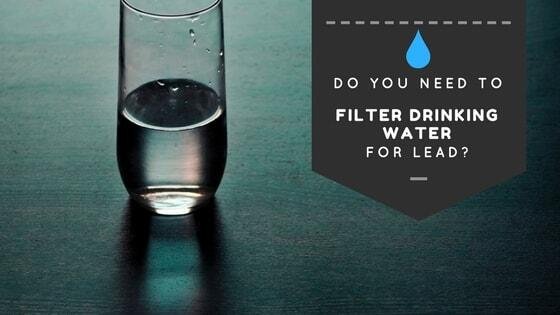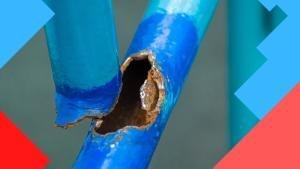Do you need to filter drinking water for lead? Most municipal water supplies are safe. They are constantly monitored and tested. Any water found to contain contaminants is immediately treated. However, even if your water supply is clean, old lead pipes are known to put lead into your drinking water. And if your drinking water comes from a well, there is no-one to monitor it.
So maybe you should test your water for the presence of lead, especially if you drink water from a well or live in a place where municipal testing is infrequent.
So, you bought a test kit and you’ve found that there’s lead in your drinking water. What to do?
Experts agree that filtering your water is better than switching to bottled water. filtration is a better bet than switching to bottled water. You have a choice between several types of filtration systems — under-the-sink, in the fridge, or in a pitcher. But be sure that the filtration system you select is certified to filter those contaminants you suspect – or have found – to be present in your water.
NSF International published certification for water filters on various standards. make sure that your filtration system has the following certifications:
- Standard 42 certification filters out the chlorine;
- Standard 53 certification ensures that a filter removes contaminants including lead, mercury, cadmium, benzene, and asbestos;
- Standard 401 covers “emerging contaminants” like pesticides, pharmaceuticals, and other chemicals that may not be covered by EPA regulations.
The Environmental Working Group (EWG) has a searchable database of water filters that lets you select for filter type, filter technology, and contaminant. See the database here. And remember – always test your water again after you’ve installed your filtration system to make sure it’s doing its job to remove those contaminants you are concerned about.




